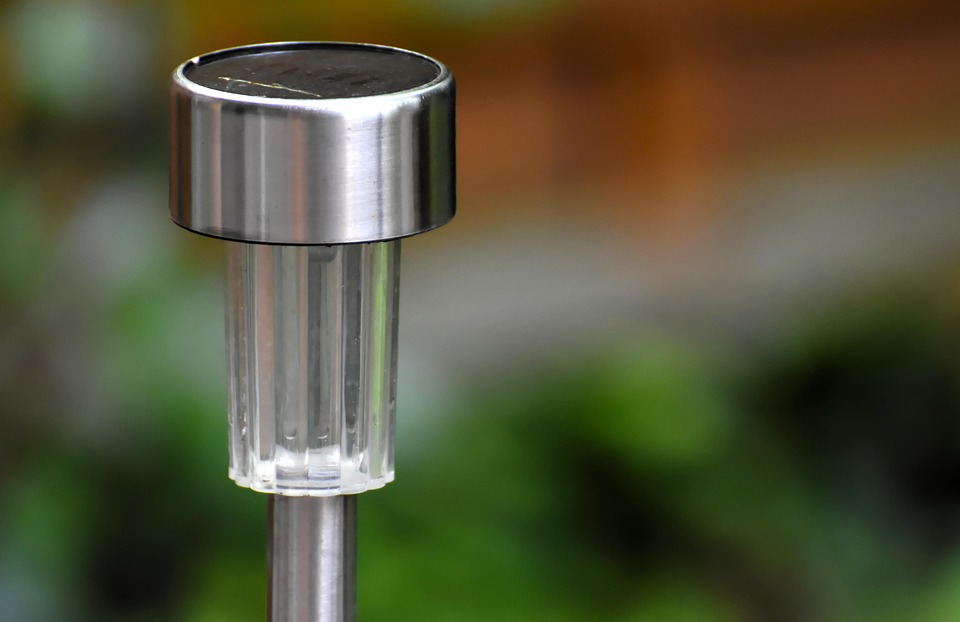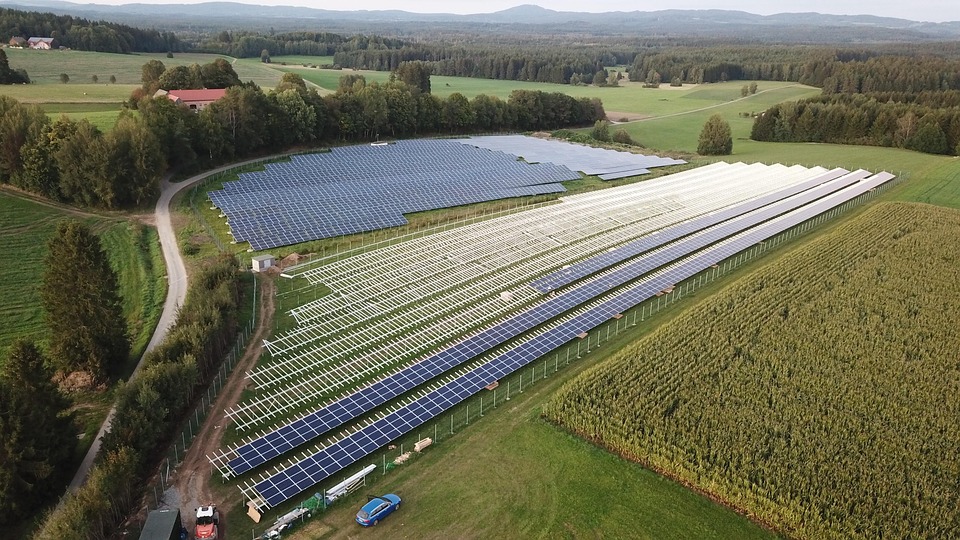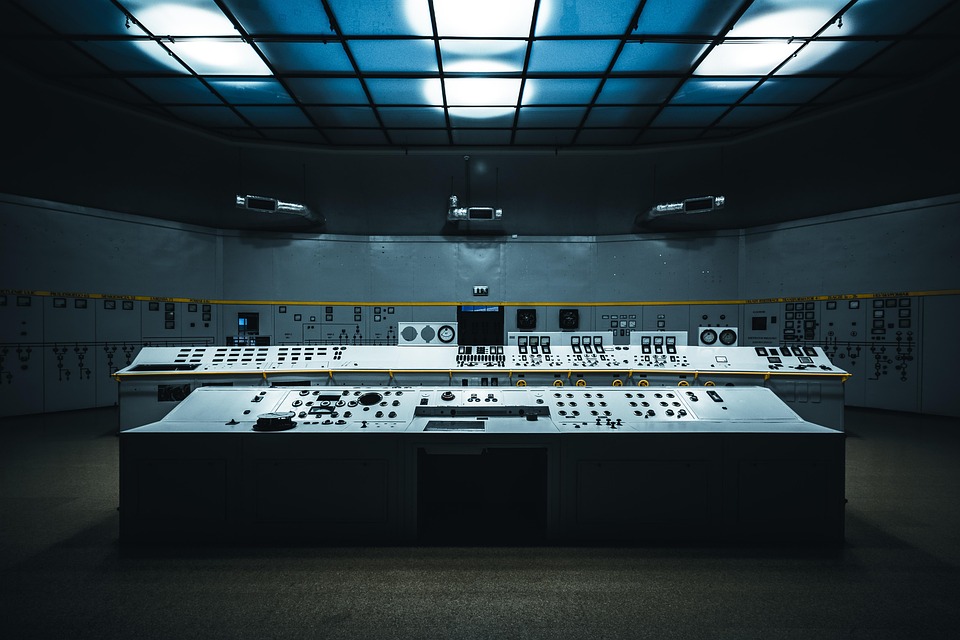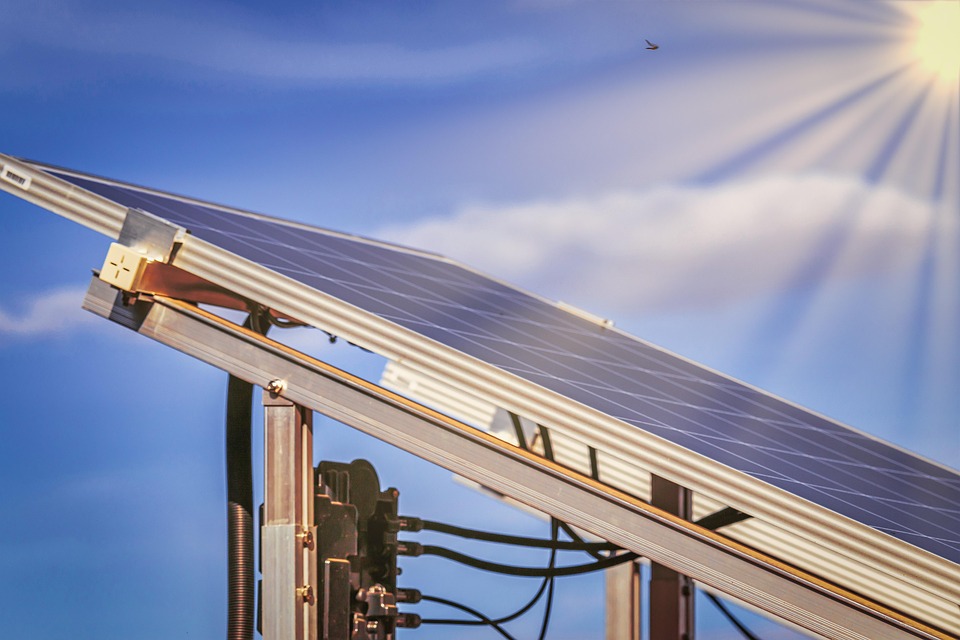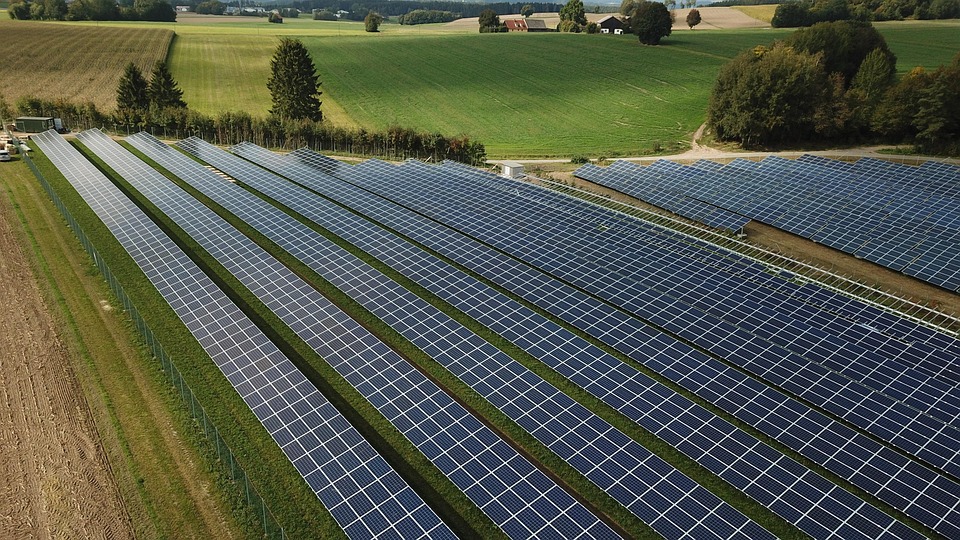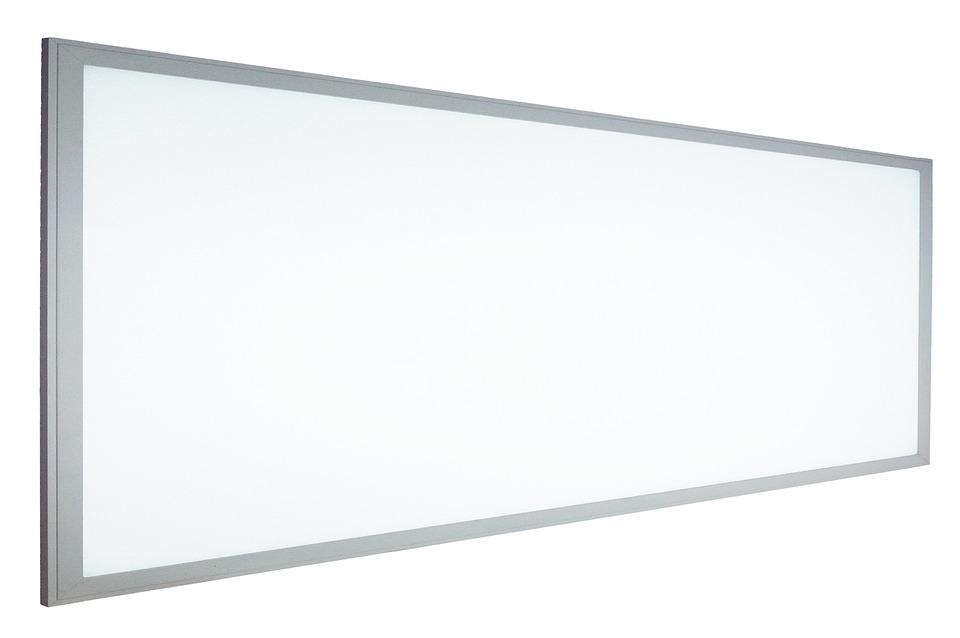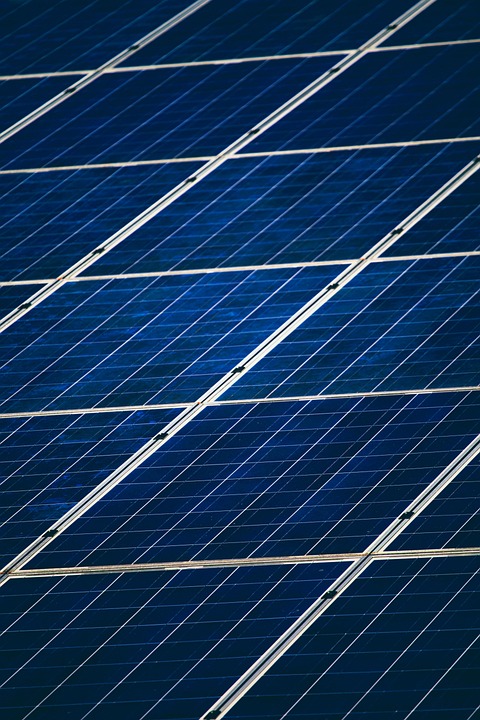The Top 5 Reasons to Consider Solar Panels for Your Home
# The Top 5 Reasons to Consider Solar Panels for Your Home When the sun rose over our quaint cabin in the woods, it bathed the landscape in a golden hue that felt almost magical. I remember sipping coffee on the porch while marveling at how the solar panels on our roof soaked up those rays, converting sunshine into energy. It was the start of a wonderful harmony—our home thriving on clean energy while nature thrived around us. This experience sparked a curiosity about solar energy, and I found myself exploring the myriad benefits of solar panels for every homeowner. If you’re looking to switch to a renewable energy source and enjoy numerous perks, here are the top five reasons to consider solar panels for your home. ### 1. **Financial Savings That Brighten Your Day** One of the most compelling reasons to install solar panels is the potential for significant savings. Many homeowners have reported reductions in their electric bills by up to 70% after making the switch. With electricity prices continually on the rise, solar energy offers a stable, predictable energy cost. – **Tax Incentives**: The federal solar tax credit allows you to deduct a percentage of your solar costs from your federal taxes. This can amount to thousands of dollars, making solar more accessible than ever. – **Net Metering**: If your system produces more energy than you use, many states allow you to sell that surplus back to the grid, earning credits on your utility bill. – **Increased Property Value**: Homes equipped with solar panel systems can sell for more than those without. Studies show that buyers are willing to pay a premium for homes with solar energy systems—often recouping the initial investment. ### 2. **Environmental Benefits That Make a Difference** The environmental benefits of solar energy are immeasurable. Each home equipped with solar panels contributes to a reduction in greenhouse gas emissions, making a notable impact on our planet. – **Reduction in Carbon Footprint**: Solar energy systems reduce reliance on fossil fuels, thereby decreasing air pollution and carbon dioxide emissions. It’s a small step that each homeowner can take to combat climate change. – **Sustainable Energy Source**: As a renewable resource, solar energy is abundant and will not run out as long as the sun shines. This reliability stands in stark contrast to fossil fuels, which are finite and damaging to the environment. Pro Tip: Consider installing solar panels alongside energy-efficient appliances and electric vehicle chargers. This combination maximizes your energy savings and creates a fully sustainable home. ### 3. **Energy Independence That Feels Liberating** With the rise of solar energy, homeowners can take control of their energy consumption. Imagine generating your own electricity, free from the whims of utility companies. Here’s how solar panels contribute to this newfound freedom: – **Resilience During Outages**: Many solar systems offer battery storage options. Should a power outage occur, you won’t be left in the dark, as your solar batteries can provide backup energy for your home. – **Predictable Costs**: Engaging with solar energy can protect you from volatile energy prices. Your investment in solar panels empowers you to control your own energy destiny. – **Remote Living**: For those living off the beaten path, access to traditional energy sources may be limited. Solar panels can provide a reliable electricity source, fostering a self-sufficient lifestyle. ### 4. **Technological Innovation That Enhances Lifestyle** The solar energy industry is continually evolving, introducing innovative technologies that enhance customer experience and efficiency. Here are some exciting advancements: – **Smart Solar Tech**: Modern solar panel systems come equipped with smart technology that allows for easy monitoring and management of energy production and consumption via mobile apps. – **Improved Efficiency**: Advances in photovoltaic technology mean today’s panels are far more efficient than those of just a decade ago. This translates to more energy harnessed from the same amount of sunlight. – **Aesthetic Options**: With sleek designs and various styles available—like solar roof tiles and thin-film panels—homeowners can choose solar solutions that blend seamlessly with their home’s architecture. Pro Tip: Consult with a solar expert to explore the latest options available. They can help tailor a system that suits your home design and energy needs. ### 5. **Community Impact and Awareness That Builds Connection** Making the switch to solar does more than benefit your home; it fosters a sense of community responsibility and awareness. – **Local Jobs and Economy**: Investing in solar power can stimulate local job growth. By supporting solar installation companies, you contribute to your community’s economy. – **Inspirational Example**: When others see you harnessing solar energy, it may inspire them to make similar choices. You become part of a growing community dedicated to establishing a cleaner, sustainable future. – **Educational Initiatives**: Many solar companies and organizations sponsor initiatives that educate communities about renewable energy. Participating can deepen your knowledge while fostering meaningful connections with neighbors. ### Final Thoughts The journey to solar energy is a rewarding one, both financially and environmentally. As more homes adopt solar panels, they contribute to a renewable future that benefits us all. If you want to reduce your energy bills, lessen your carbon footprint, and enjoy a bit of freedom from utility dependence, solar panels might be just what you’re looking for. ### Pro Tips Summary – **Research Available Incentives**: Don’t miss out on federal and state incentives that can ease the financial commitment. – **Consider Battery Storage**: If you live in an area prone to outages, look into battery storage solutions for added security. – **Stay Informed**: The solar industry is evolving. Engage with local solar communities or forums to stay updated on innovations and best practices. – **Get Multiple Quotes**: Different solar companies can have vastly different offers. Always get a few quotes to ensure you’re making an informed decision. – **Plan for Future Needs**: Think ahead about your energy consumption. Planning solar installation with future energy needs in mind will ensure your system adapts as your lifestyle evolves. By harnessing the power of the sun, you’re

